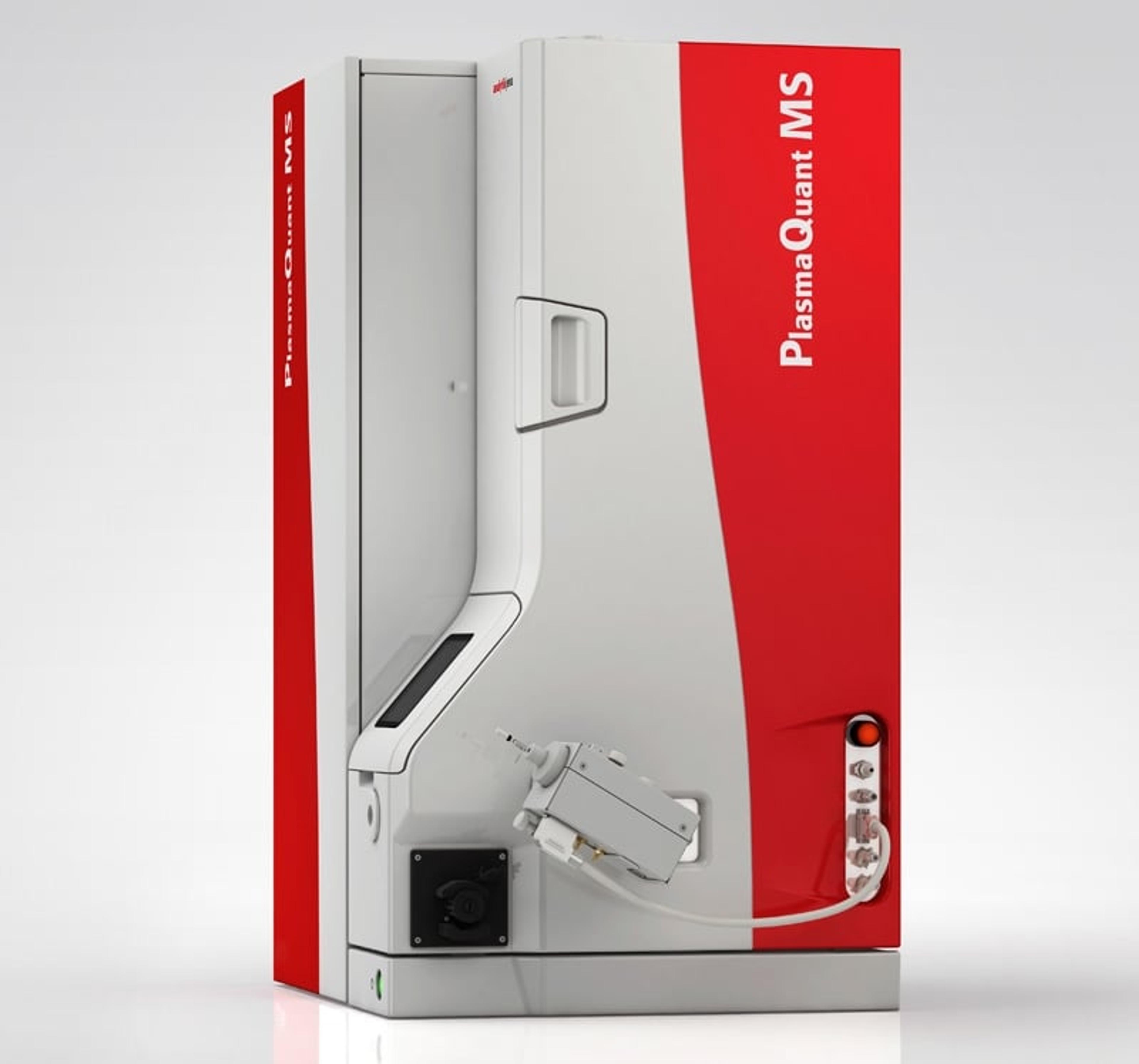ICP-MS for high-precision drinking water analysis with the lowest possible cost per sample
30 Jun 2022
High throughput, fast analysis times and low detection limits: Analytik Jena offers optimal solutions for the requirements of routine drinking water analysis with its ICP-MS devices (inductively coupled plasma mass spectrometer). The PlasmaQuant MS series offers optimal performance in throughput and analysis time without sacrificing precision.
The ICP-MS systems of the PlasmaQuant MS series analyze 60 drinking water samples per hour for 21 elements, with an average standard deviation of only 1.5%. When throughput increases to 82 samples per hour, the rate is still highly precise at 2.2%. This means that the instruments are considerably more precise than prescribed by the US Environmental Protection Agency (EPA) Method 200.8 or the European Council Directive 98/83/EC for the analysis of drinking water. Moreover, the PlasmaQuant MS series is very efficient regarding its operating costs. For comparison, the ICP-MS needs only half the amount of argon than typical ICP-MS instruments on the market require. The combination of detection power, speed, reduced argon usage and high throughput contributes to its lowest costs per sample for routine drinking water analysis.
ICP mass spectrometers are often the instruments of choice for the analysis of drinking water since they can measure many elements simultaneously and precisely. However, laboratories are being confronted with an increasing number of samples. Analysis times must be shortened to meet the requirements. With conventional ICP instruments, shorter analysis times mean a drop in precision, which reduces the quality of the analyses. Laboratories manage this challenge with the most sensitive ICP-MS solutions from Analytik Jena.
In addition to ICP-MS solutions, Analytik Jena offers other technologies and methods for analyzing drinking water. For example, ICP-OES as a standard setup enables the determination of minerals and trace elements in drinking water. Thanks to this method, laboratories are even able to investigate additional parameters in local or regional drinking water regulations. Another example of the wide product portfolio are the TOC/TNb analytical devices of the multi N/C series with the help of which complex
Want the latest science news straight to your inbox? Become a SelectScience member for free today>>

